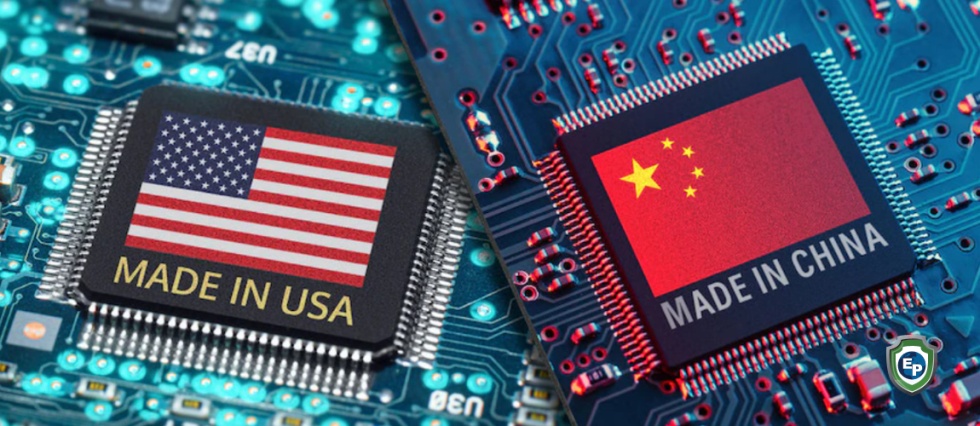Chip Industry Grapples With New U.S. Curbs on China Sales
The chip industry is facing a new challenge with U.S. curbs on China sales. Find out how the industry is responding and what the implications are for global tech companies.

The US has restricted the export of chips and components needed to manufacture supercomputers, a move that will have a major impact on how the industry evolves into the ultra-networked future. China is going to have to find new ways of improving its computers and find ways around compatibility issues that may arise.
What the Ban Covers?
Supercomputers, as the name hints, are computers faster than ordinary computers with the capacity to solve problems in the least possible time. They’re also adept at building and testing models, making them perfect for building complex systems at high speed. China still lacks the capacity to produce these chips so has relied on imports to feed its market.
The US worries that exporting supercomputer chips will not only give China an economic edge, but crucially a military advantage with the potential to break into and control their computers during cyber warfare, and the capability to produce nuclear weapons with less effort. In this light, high performance chips capable of performing such functions will be restricted.

Who Does it Affect?
Semiconductor stocks fell after the ban was announced on October 7, 2022. US chip makers exporting to China are the obvious losers from the ban. It will affect semiconductor makers in countries like South Korea who operate semiconductor plants inside their country and in China.
There’s a possibility for companies to seek a special license from the US government that will give them exemptions from the ban. The ban will make it difficult for US companies who operate plants in China. US citizens are also facing the prospect of leaving their jobs as they are not allowed to help China manufacture chips. The US controls much of the machinery that makes most of the chips in the world, so it’s able to exert its influence beyond across the world.
Restrictions on China’s ability to recruit US semiconductor professionals will limit the transfer of knowledge and technology to Chinese professionals and slow down China’s growth, but China is likely to find ways around these hold-ups.
How China Can Respond
The ban will only strengthen China’s resolve to build its own chips and nurture its own systems and platforms, and in the process, find skills and materials needed to build its own chips from friendly countries.
This will no doubt take time, but China will invest more than it currently does in nurturing relationships with countries where they can buy or mine the raw materials needed to maintain a semiconductor industry capable of competing with the West. These are unlikely to be Japan or Mexico where the US has influence. Taiwan, which makes over half of the world’s semiconductor chips, will see even more tension in the tech showdown.
As things stand, the world is at the dawn of a global computer chips war that will affect every aspect of our lives including work, security, transport, finance, manufacturing, and international trade.
Stay in the Loop with Export Portal
To find out more about how you can successfully trade at an international level and build your export and import website, make sure to check out Export Portal’s Blog Page!


















Comments 2